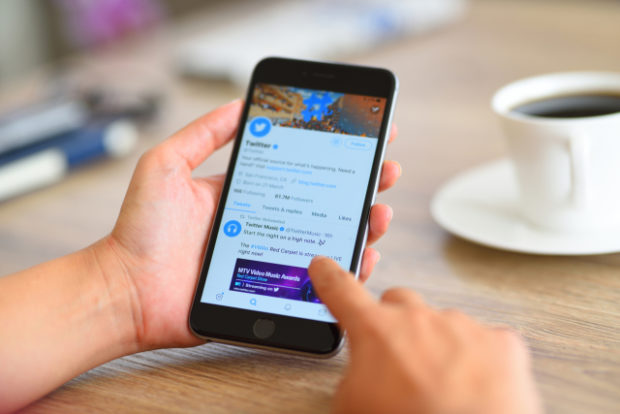
Image: Istock.com/hocus-focus via AFP Relaxnews
New ones emerge each day, especially a few weeks before the United States presidential election. Forwarding a picture of Donald Trump’s windblown hair or congresswoman Alexandria Ocasio-Cortez coming for you is a way to show where you stand on the political spectrum.
A survey conducted by Harris Poll on over a thousand American adults, shows that 90% have shared political memes on Facebook during the past three months, while 59% did so on Twitter.
Forwarding these memes seems to concern every stratum of the U.S. population, regardless of socio-economic status or family situation.
However, the habit is less common among African American internet users as only 24% of respondents defining themselves as such regularly share these types of images on social media. Hispanic (45%) and Caucasian (52%) communities tend to share more memes.
But why do Americans share political memes?
Almost half of the respondents (46%) believe that it allows them to show others where they stand on the political spectrum.
Perhaps more surprisingly, 32% of male respondents do it in the hopes of changing recipients’ political views by sharing sarcastic videos or photos. However, only 22% of female Americans shared this point of view.
Spreading fun or spreading fear?
While one-third of Americans share political memes because they simply find them funny, 10% acknowledge having shared one in order to frighten followers.
There is a dark side to political memes, and that’s why the non-partisan organization Network Contagion Research Institute (NCRI) recently sounded the alarm.
NCRI researchers noted an increase in violent memes against police forces and some calling to “defund” the police following George Floyd’s death in Minneapolis in May. However harmless at first glance, political memes generally espouse political views. RGA
RELATED STORIES:
YouTube expands fact-check panels in move against misinformation
WhatsApp tightens sharing limits to curb virus misinformation